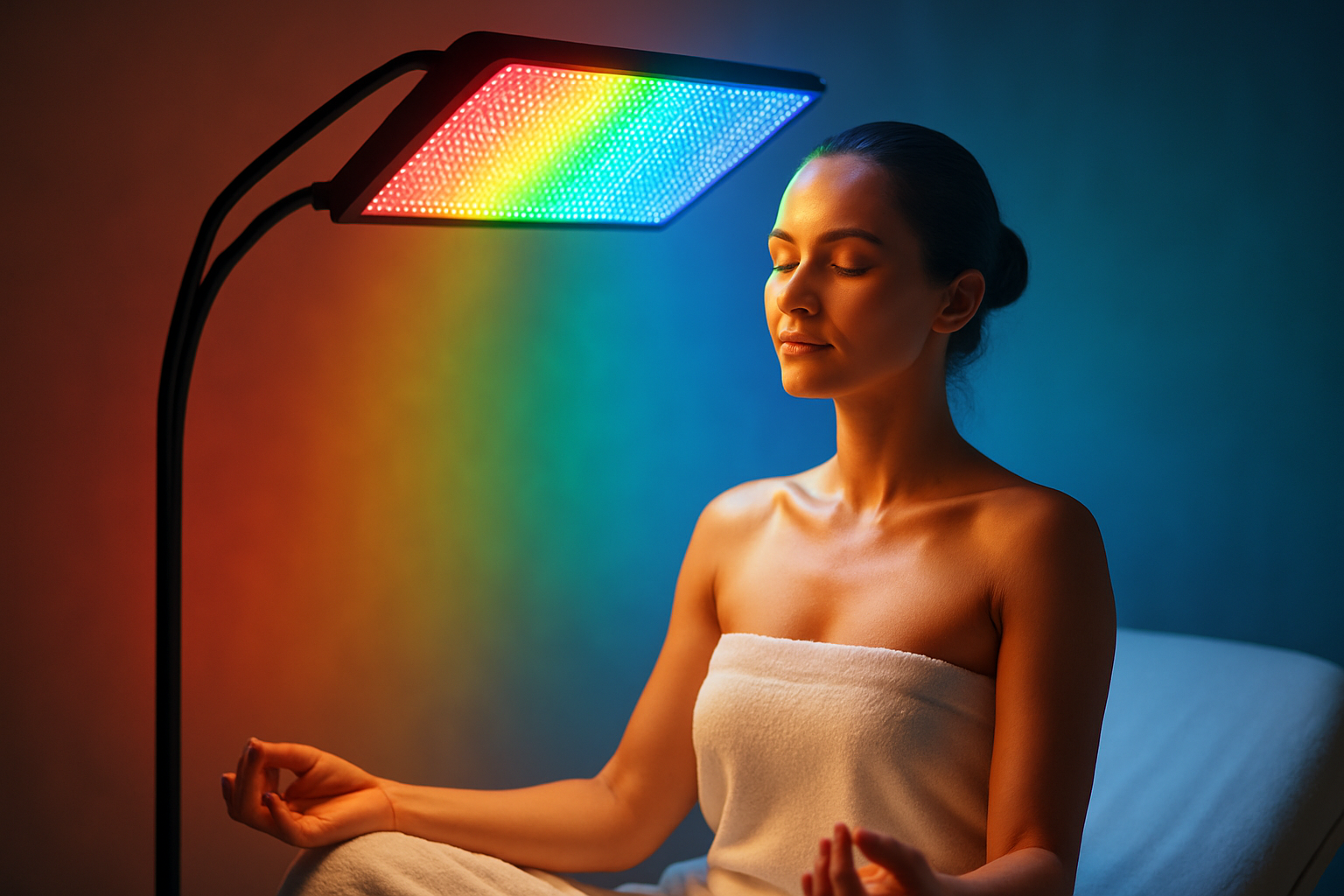Circadian Neurobiology: The Future of Personalized Health Optimization
Imagine waking up each day feeling refreshed, energized, and in perfect harmony with your body's natural rhythms. What if you could harness the power of your internal biological clock to revolutionize your health, enhance cognitive performance, and even prevent disease? Welcome to the fascinating world of circadian neurobiology, where cutting-edge science meets personalized wellness strategies.

The Science Behind Our Internal Timekeepers
At the heart of circadian neurobiology lies the concept of biological rhythms, the internal oscillations that govern nearly every aspect of our physiology. These rhythms are orchestrated by a master clock in our brain, specifically in the suprachiasmatic nucleus of the hypothalamus. This tiny region, no larger than a grain of rice, synchronizes countless molecular clocks throughout our body.
Recent research has revealed that these clocks are present in virtually every cell, regulating gene expression, hormone production, and metabolic processes. The implications of this discovery are profound, suggesting that aligning our daily activities with our natural rhythms could have far-reaching effects on our health and longevity.
Chronotypes: More Than Just Early Birds and Night Owls
One of the most exciting developments in circadian neurobiology is the concept of chronotypes. While we’ve long recognized that some people are morning larks and others night owls, new research suggests that our individual circadian preferences are far more nuanced and can significantly impact our health.
Scientists have identified at least four distinct chronotypes, each with its own optimal times for peak performance, creativity, and even susceptibility to certain health conditions. Understanding your chronotype can help you schedule important tasks, plan meal times, and even time your exercise for maximum benefit.
Light Exposure: The Conductor of Our Biological Symphony
Light is the primary zeitgeber or time-giver for our circadian rhythms. The type, intensity, and timing of light exposure can profoundly affect our sleep-wake cycles, mood, and cognitive function. With the advent of smart lighting systems and wearable light therapy devices, we now have unprecedented control over our light environment.
Emerging research suggests that tailored light exposure protocols could be used to treat a range of conditions, from seasonal affective disorder to jet lag. Some forward-thinking companies are even incorporating circadian lighting into office designs, potentially boosting employee productivity and well-being.
Chronomedicine: Timing Is Everything
The field of chronomedicine is revolutionizing how we approach treatment schedules. Studies have shown that the efficacy and side effects of many medications can vary dramatically depending on the time of day they’re administered. This knowledge is leading to more personalized and effective treatment plans for conditions ranging from hypertension to cancer.
For example, research has found that taking blood pressure medication at night rather than in the morning can significantly reduce the risk of cardiovascular events. Similarly, timing chemotherapy treatments to align with cancer cells’ most vulnerable phases could enhance their effectiveness while minimizing side effects.
The Gut-Clock Connection: A New Frontier in Digestive Health
One of the most surprising discoveries in circadian neurobiology is the intricate relationship between our gut microbiome and our internal clocks. Our digestive system has its own circadian rhythms, influencing everything from nutrient absorption to immune function.
This emerging understanding is giving rise to the concept of chrononutrition, where meal timing is as important as meal content. Early studies suggest that aligning our eating patterns with our circadian rhythms could help prevent metabolic disorders, improve weight management, and even enhance longevity.
Harnessing Circadian Rhythms for Optimal Health
-
Maintain consistent sleep and wake times, even on weekends, to reinforce your natural circadian rhythm
-
Expose yourself to bright light in the morning and limit blue light exposure in the evening
-
Schedule high-intensity workouts for the late afternoon when body temperature and muscle strength peak
-
Consider your chronotype when planning important tasks or meetings
-
Practice time-restricted eating, aligning your meals with your body’s natural digestive rhythms
-
Use red-spectrum lighting in the evening to minimize circadian disruption
-
When traveling across time zones, strategically time your light exposure to adapt more quickly
As we continue to unravel the mysteries of our internal clocks, the potential for personalized, circadian-based health strategies is enormous. From optimizing our daily routines to revolutionizing medical treatments, circadian neurobiology offers a new paradigm for health and wellness. By aligning our lives with our natural biological rhythms, we may unlock the key to not just longer lives, but healthier, more vibrant ones. The future of health is not just personalized—it’s perfectly timed.





